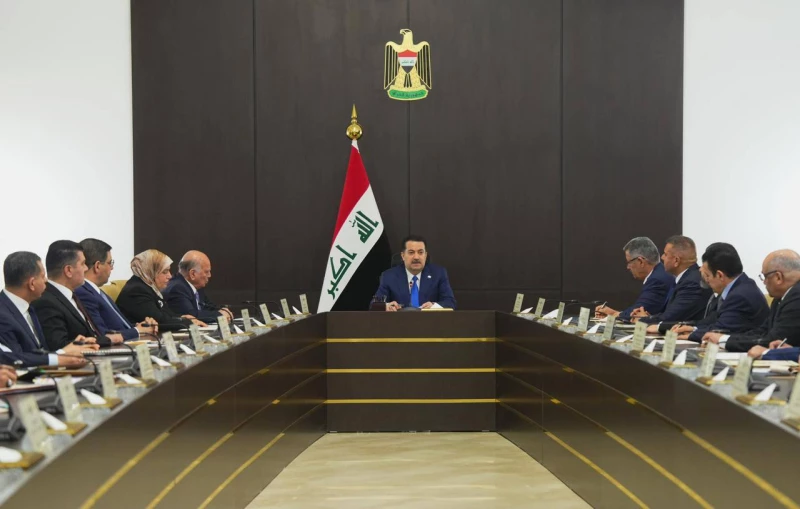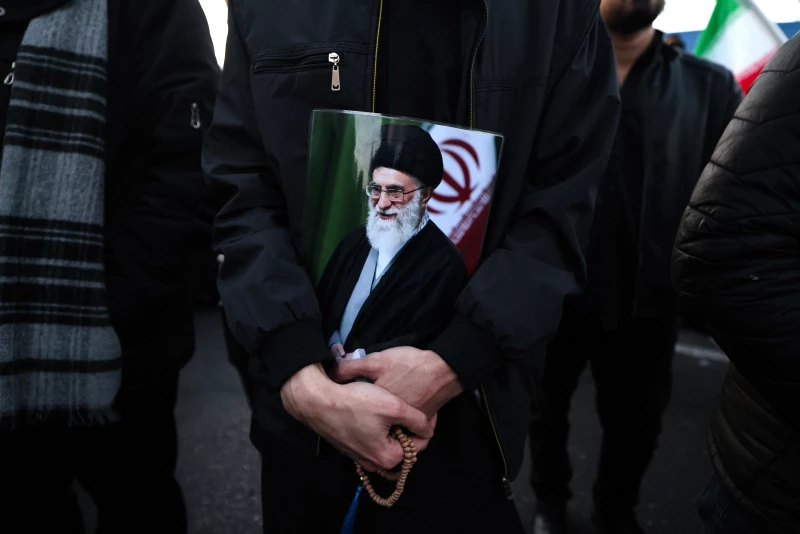ERBIL, Kurdistan Region of Iraq - A delegation from the Kurdistan Regional Government’s Ministry of Transport and Communications met with Iraqi ministers in Baghdad on Wednesday to discuss possible changes to the planned route of the $17 billion Development Road project that would involve the Region more.
The delegation held talks with Iraqi Planning Minister Mohammed Tamim, Transport Minister Razzaq Muhaibes, and representatives of the project. Discussions focused on where the road will connect to the Turkish border and how to coordinate with the Kurdistan Region.
KRG Transport Minister Ano Jawhar told The New Region that the current route only passes through about 10 kilometers through the Kurdistan Region. But he said the KRG has proposed an alternative route through the Region, based on Prime Minister Masrour Barzani’s instructions, that would shorten the overall distance and save time.
Jawhar described the talks as positive, noting that federal officials asked the KRG to submit the proposal in writing for further review.
The Development Road aims to boost Iraq’s economy by linking the southern port of al-Faw in Basra to Europe through Turkey. The route will pass through Diwaniyah, Najaf, Karbala, Baghdad, and Mosul before entering Turkey’s Sirnak Province and reaching Mersin on the Mediterranean Sea.
Iraq’s Ministry of Planning said the project does not compete with other international initiatives but complements global transport networks. Minister Tamim stressed that the road is a federal project, and its management and security will remain under Baghdad’s authority. Revenues will be distributed according to the constitution, he added.
Officials are considering creating a new federal authority to oversee the project.
Jawhar called the Development Road “Iraq’s long-awaited dream” and said the Kurdistan Region supports the plan and will work to provide the best conditions for its success.
Talks also covered detailed routes inside the Kurdistan Region, crossing points to Turkey, and the economic benefits of each stop along the way. The project is expected to create jobs, encourage industrial zones, and avoid urban centers to reduce land disputes and costs.



 Facebook
Facebook
 LinkedIn
LinkedIn
 Telegram
Telegram
 X
X


